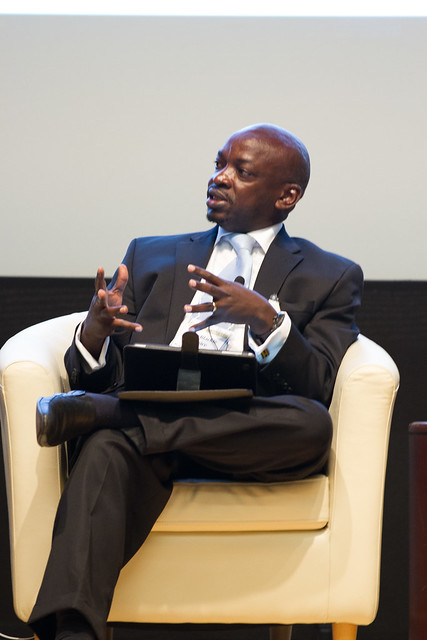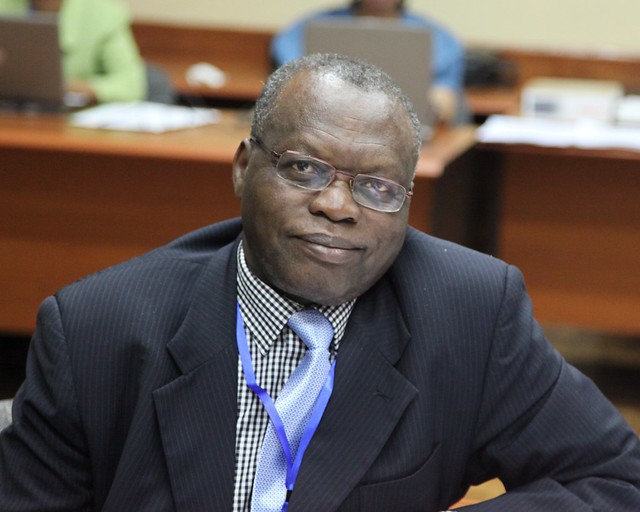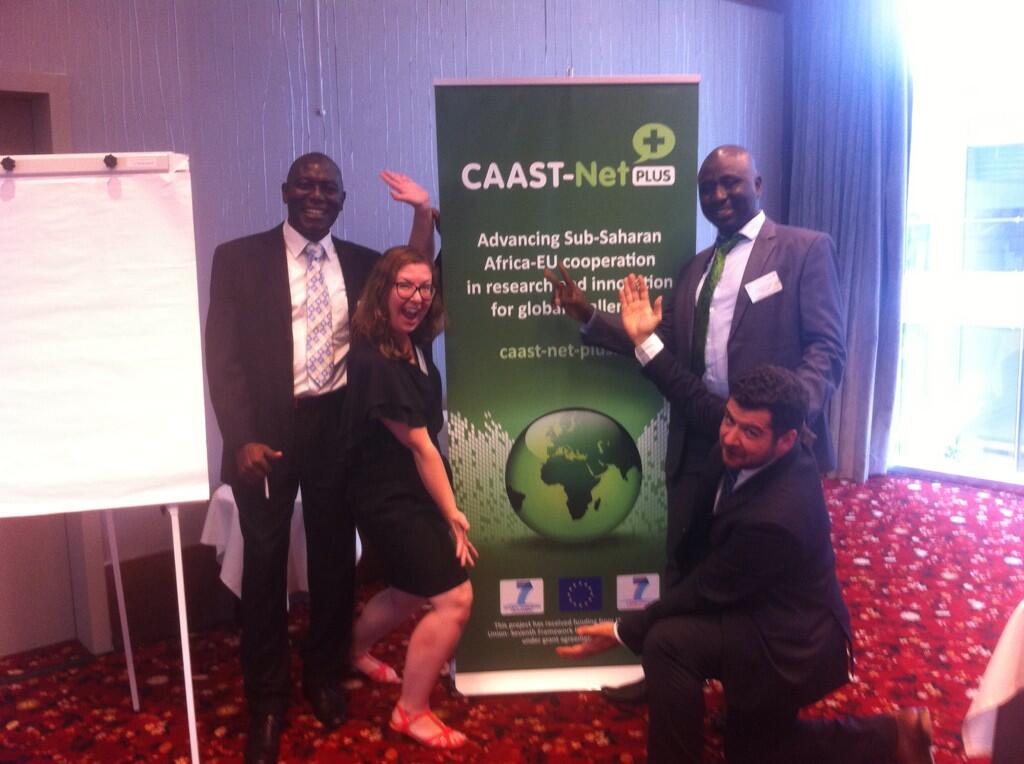 11 June 2014.
11 June 2014. IFAD. FARMERS can increase yields, efficiency and drastically reduce the cost of ploughing, planting and weeding in the 2014 season following the introduction of mechanized Conservation Agriculture (CA). The new innovation that is being rolled out by the Lower Usuthu Sustainable Land Management (LUSLM) project (Zimbabwe), funded by the
International Fund For Agricultural Development (IFAD) and the Global Environment Facility (GEF), uses tractor drawn Conservation Agriculture implements.
Using
mechanized conservation agriculture, a farmer can complete land preparation, fertilizing and planting all
in one operation and in a fraction of the time it takes with conventional ploughing. This method uses the principles of minimum soil tillage, or
“Climate Smart” agriculture practices.
- A 4x4 John Deer 5503 supplied by Swazi Trac in Matsapha rigged with a 5-tooth rippertyne was unveiled during the first demonstration. The designated field was just over a hectare, where Lindiwe Magagula (a local farmer) intended to grow legumes.
- When the tractor starts, the ripper opens five trenches that are almost 25-30 centimetres deep and 45 centimetres apart. The ripper leaves rows of grass between the trenches. Norman Mavuso, a sustainable Agriculture Coordinator, showed Lindiwe how to mix the herbicide and using a sprayer on her back, how to spray the grass with a special Springbok herbicide to dry the grass so that it forms a mulch cover between the rows of plants.
- The reduced tillage equipment makes it possible for the tractor to open planting lines, apply fertilizer, seed and cover in one pass. The fertilizer dispenser is able to place fertilizer on one side of the trench and the seed on the other, eliminating the danger of the seed being scorched.
Related:
5 June 5 - 12 June, 2014. Mulindi, Rwanda.
9th annual National Agri-show. The expo, was organized by Minagri under the theme, 'Transforming Agriculture for Shared Prosperity and Improved Livelihoods.' It attracted over 100 exhibitors from 11 countries, namely Burundi, Tanzania, Kenya, Uganda, Democratic Republic of Congo, South Africa, India, France, USA, Swaziland and Rwanda.
Related:
CIMBRIA, a Danish agri-business processing firm is making in-roads in East Africa with a subsidiary company with main offices in Nairobi Kenya. CIMBRIA does not only deal in construction of grain plants but also provides support services which may include training farmers on how to use the machines, plus some technical advice.The company has over 40 employees from East Africa with hope to get more if fully established in Rwanda.
""We provide post-harvest machinery for handling grains such as maize, beans, rice, coffee among others," Wanjohi said. We want to extend our services to Burundi and Congo and this will be so with collaboration with the government," Peter Wanjohi the Technical Sales Assistant at CIMBRIA East Africa Ltd
 In an effort to address the threat of mycotoxins to food production systems, health care and trade on the African continent, an African Mycotoxin Network was established in 2011.
In an effort to address the threat of mycotoxins to food production systems, health care and trade on the African continent, an African Mycotoxin Network was established in 2011.














































